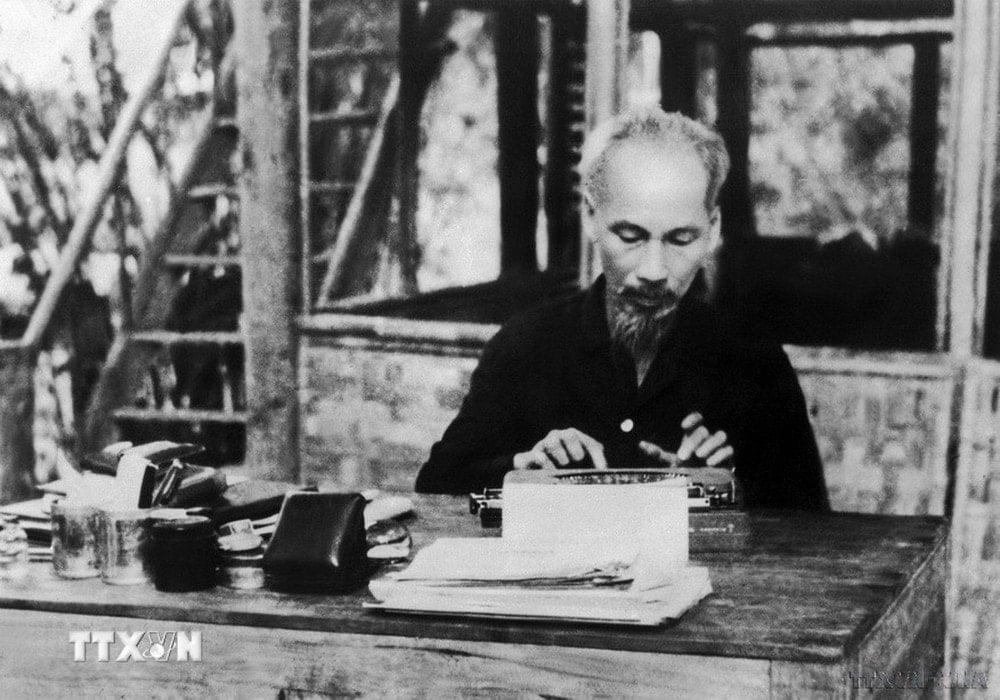
President Ho Chi Minh devoted his entire life to the noble goal of gaining independence and freedom for the Fatherland; bringing prosperity and happiness to the Vietnamese people and leaving behind noble humanistic values for humanity.
Before passing away, he left the entire Party and the entire people an invaluable legacy, which is Ho Chi Minh's ideology. That ideology is depicted in the works and writings that he left behind, and five of them are recognized as national treasures, including "The Revolutionary Path"; "Prison Diary" (Prison Diary); Call for National Resistance; Call for Compatriots and Soldiers nationwide; and Testament.
Revolutionary Road
The book "The Revolutionary Path" is a collection of lectures by comrade Nguyen Ai Quoc (alias of President Ho Chi Minh) at training classes for cadres of the Vietnam Revolutionary Youth Association, held in Guangzhou (China) in the years 1925-1927.
Those lectures were collected by the Propaganda Department of the Union of Oppressed Peoples and published in book form in 1927. Up to now, the book has been continuously published by the Truth National Political Publishing House, widely distributed to a wide range of readers.
The book was published when the proletarian movement in countries around the world was developing strongly, and the national liberation movement in the country had many patriotic organizations with different political colors.
With a concise, short, easy-to-understand, and easy-to-remember writing style, the book "The Revolutionary Path" contains great theoretical and practical values, playing an important role in spreading Marxism-Leninism in Vietnam, in combining the patriotic movement with Marxism, creating ideological and theoretical premises for the birth of the Communist Party of Vietnam.
The work has pointed out the basic viewpoints on the Vietnamese revolutionary method based on the creative application of Marxism-Leninism and summarizing the revolutionary experiences of other countries. It is an especially important reference material and theoretical basis for the Communist Party of Vietnam to build a revolutionary method suitable to the country's situation.
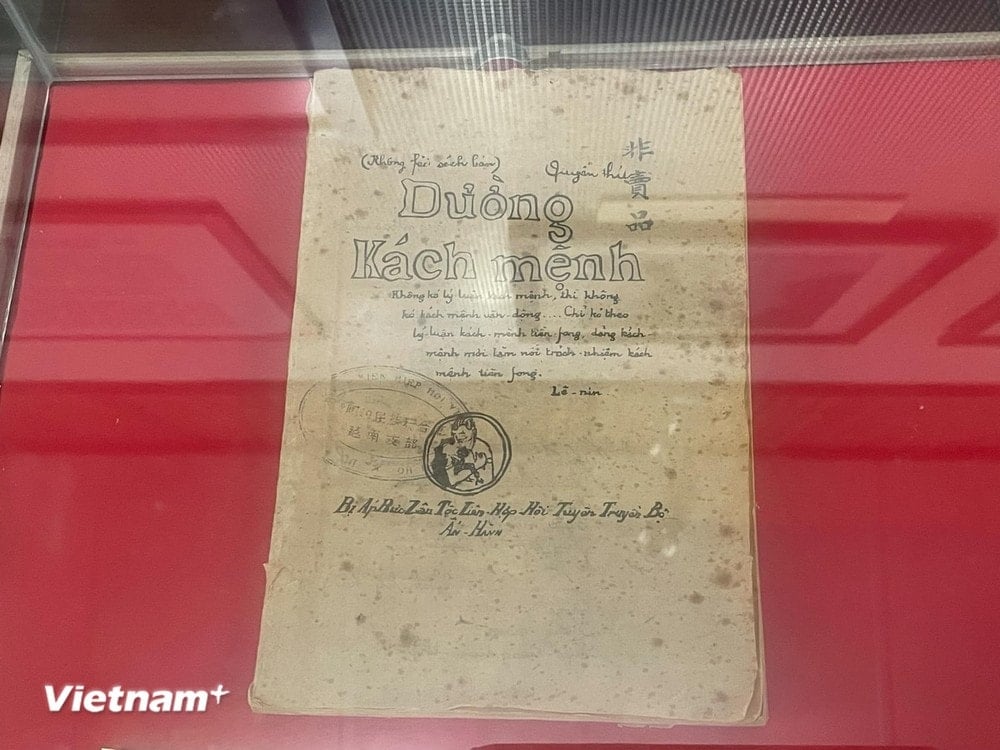
Prison Diary (Prison Diary)
In August 1942, as a representative of the Vietnam Independence Alliance and the International Anti-Invasion Mission, Uncle Ho traveled from Cao Bang to China to mobilize international support for the Vietnamese revolution to gain independence, but was unjustly arrested by the Chiang Kai-shek government, then transferred to many prisons in Guangxi province from August 25, 1942 to September 19, 1943.
Each poem in the collection “Prison Diary” is the author’s heartfelt voice, deeply depicting Uncle Ho’s soul, thoughts and feelings during his time in prison in a foreign land. Exuding from the entire collection of poems is an optimistic revolutionary spirit, belief in a bright tomorrow, his strong and resilient will, and his iron determination. The courage of a communist soldier, his great spiritual strength brought him through exile and prison, to the day of freedom, returning to the Fatherland, leading the entire people to gain independence and freedom for the nation.
The work has become a national treasure of Vietnam, praised by international friends and translated into many languages around the world.
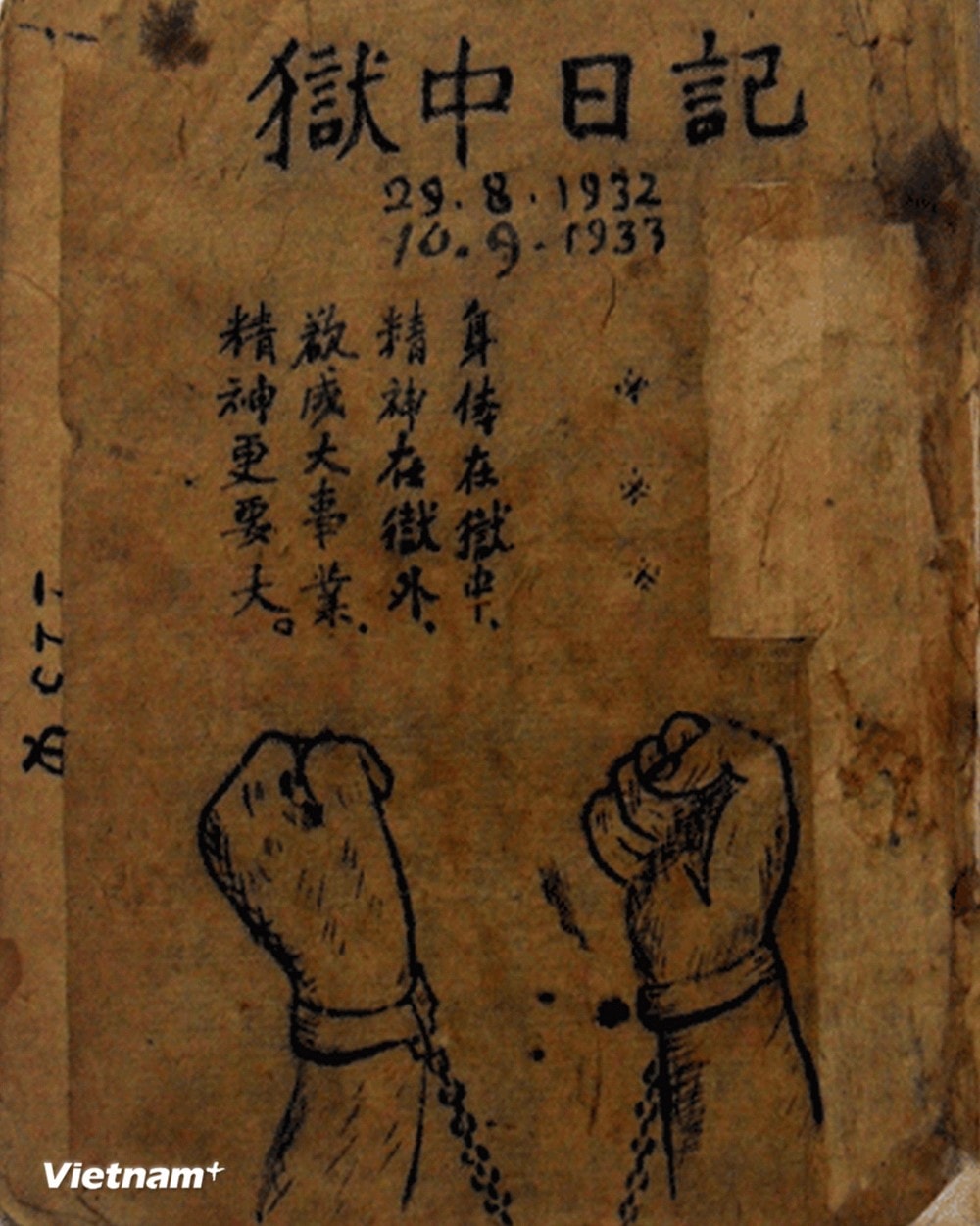
Call for national resistance
On the morning of December 20, 1946, President Ho Chi Minh's call for the people of the whole country to rise up against the French colonialists resounded on the Voice of Vietnam radio to all parts of the country: "Compatriots nationwide! We want peace, we must make concessions. But the more we make concessions, the more the French colonialists encroach, because they are determined to take over our country once again! No! We would rather sacrifice everything than lose our country, we would rather be slaves. Compatriots! We must stand up!..."
That was a proclamation to save the country, expressing the iron will and determination of the entire nation, arousing the strength of patriotism and the indomitable heroic tradition; motivating, urging, and encouraging the entire Party, the entire people, and the entire army to enter the resistance war to regain independence and freedom for the Fatherland.
The “Call for National Resistance” was born 78 years ago, but its historical significance and contemporary significance remain intact. Not only is it a shining symbol of revolutionary heroism, patriotic tradition, solidarity, indomitable will and determination to fight against foreign invaders of the Vietnamese people, the call for national resistance has historical value as a resistance platform, general in nature, containing basic viewpoints on ideology and people's war guidelines, affirming the spirit of patriotism and indomitable fighting will of the nation to win.
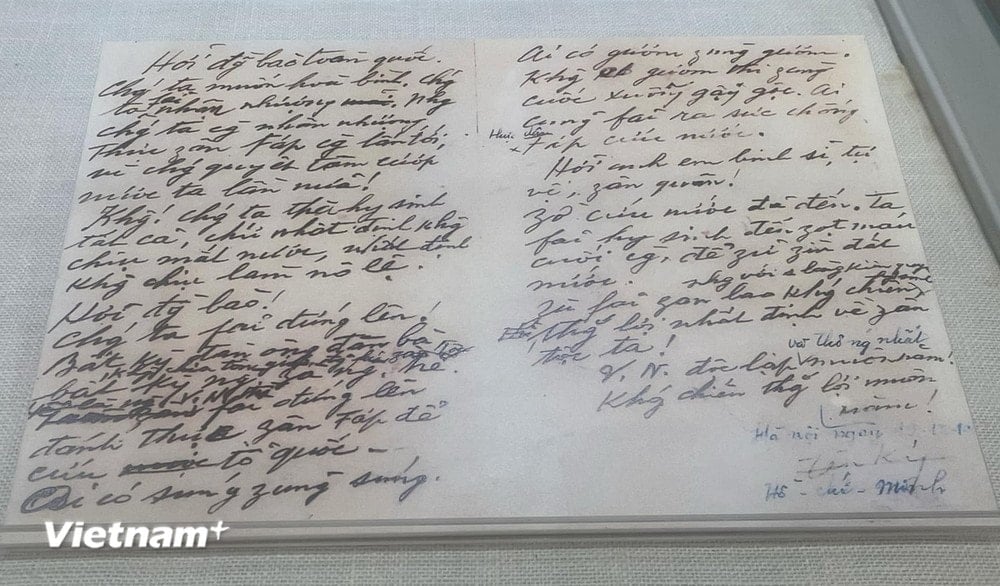
Call to compatriots and soldiers nationwide
President Ho Chi Minh's appeal to compatriots and soldiers nationwide resounded on Voice of Vietnam radio on the morning of July 17, 1966, when the Vietnamese people's resistance war against the US to save the country entered its fiercest phase.
This is a valuable historical document as a call for the entire nation to unite, unify will and action, strengthen faith to enter the most fierce stage of the resistance war against America, to save the country; it has urged millions of hearts and minds of compatriots and soldiers to enthusiastically go to war, to gain independence and freedom for the country.
In the proclamation calling on the entire people, there was a sentence: "The war may last 5 years, 10 years, 20 years or longer. Hanoi, Hai Phong and some cities and factories may be destroyed, but the Vietnamese people will not be afraid! Nothing is more precious than independence and freedom."
The will "Nothing is more precious than independence and freedom" is the great spiritual motivation that urged generations of Vietnamese people to fight against the invaders, creating the great victory of Spring 1975, liberating the South and unifying the country.
In the cause of building and defending the Fatherland today, the thought "Nothing is more precious than independence and freedom" continues to be the guiding principle for the entire Party and people to strive to develop the country, bring Vietnam to develop quickly and sustainably and preserve national identity in the integration process.
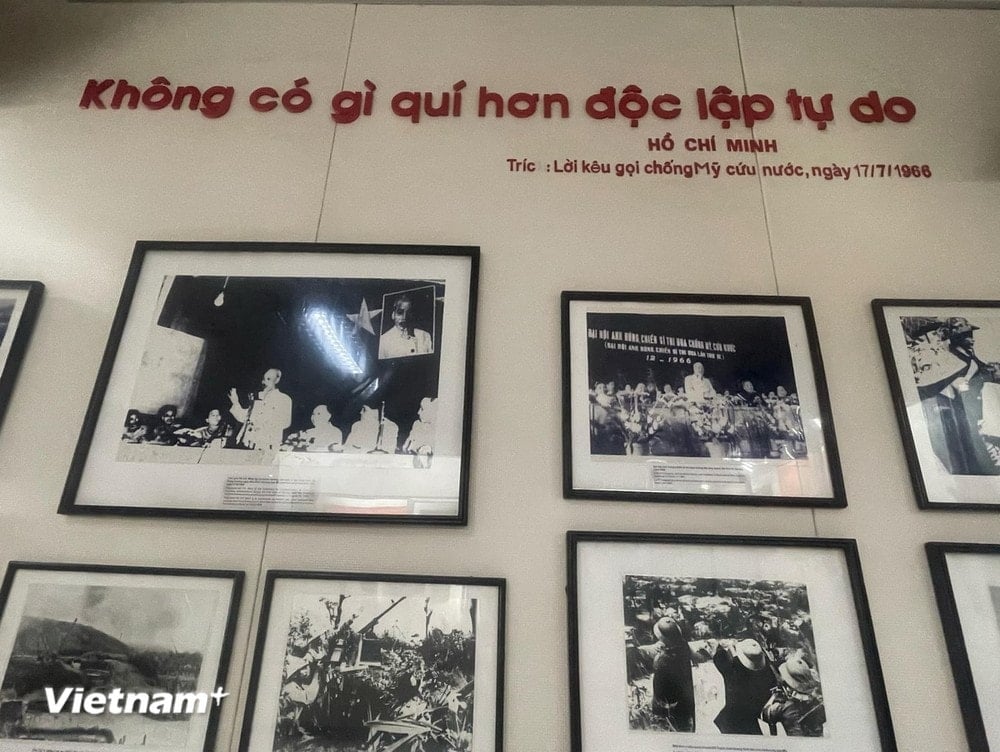
Testament
One of the extremely valuable spiritual assets of President Ho Chi Minh must include his thoughts through the Testament that he left to the Party and the Vietnamese people.
President Ho Chi Minh's Testament is the original document written by him from May 10, 1965 to May 19, 1969. This is a historical document and an extremely valuable cultural heritage of the Party and the Vietnamese people.
The Testament is the crystallization of the quintessence, morality and noble soul of the leader who devoted his whole life to the revolutionary cause of the Party and the nation, and still retains its contemporary value.
The great value of the Testament is not only the simple last words of a person before passing away, but also the crystallization of the quintessence, morality and noble soul of a person who devoted his whole life to the revolutionary cause of the Party and the nation. The value of the Testament will forever last, forever engraved in the minds of every cadre, party member and the entire Party and people.
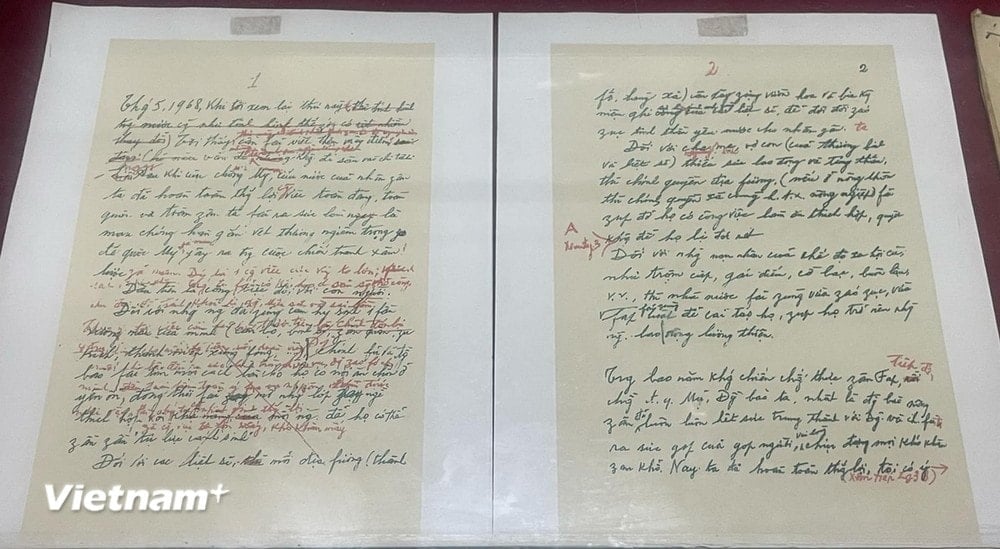
Source: https://baohaiduong.vn/nhung-tac-pham-cua-bac-ho-duoc-cong-nhan-la-bao-vat-quoc-gia-393932.html



![[Photo] Ready for the top competitions of Vietnamese table tennis](https://vphoto.vietnam.vn/thumb/1200x675/vietnam/resource/IMAGE/2025/5/18/9c547c497c5a4ade8f98c8e7d44f5a41)

![[Photo] Many young people patiently lined up under the hot sun to receive a special supplement from Nhan Dan Newspaper.](https://vphoto.vietnam.vn/thumb/1200x675/vietnam/resource/IMAGE/2025/5/18/6f19d322f9364f0ebb6fbfe9377842d3)
![[Photo] Party and State leaders attend the special art program "You are Ho Chi Minh"](https://vphoto.vietnam.vn/thumb/1200x675/vietnam/resource/IMAGE/2025/5/18/6895913f94fd4c51aa4564ab14c3f250)

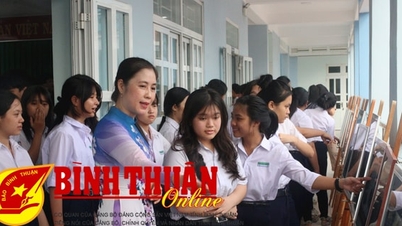

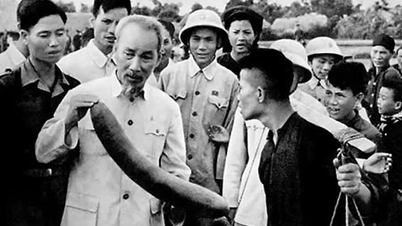

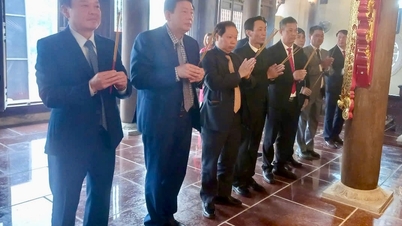
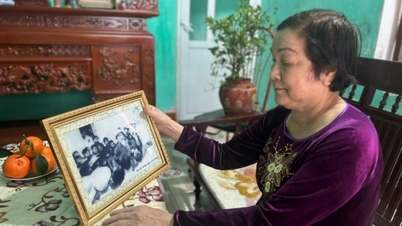
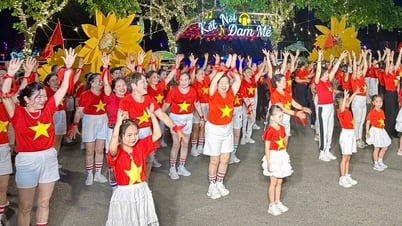

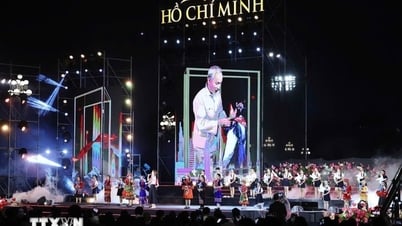
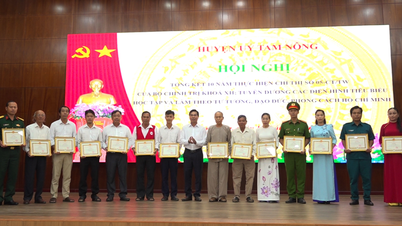
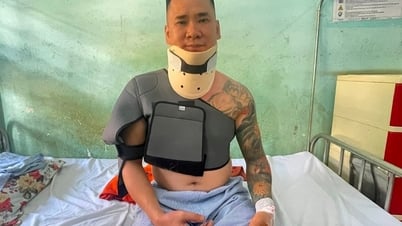
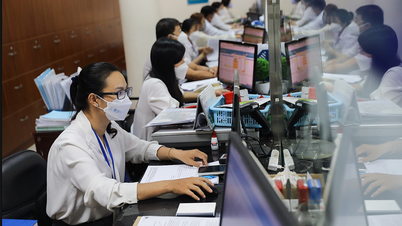







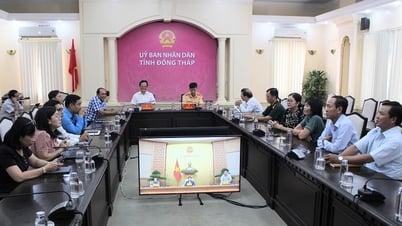
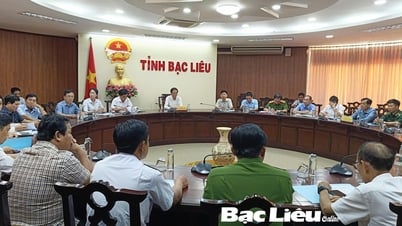
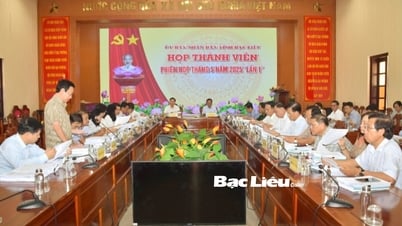
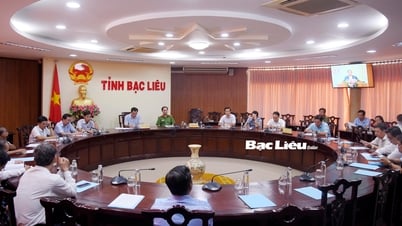




















































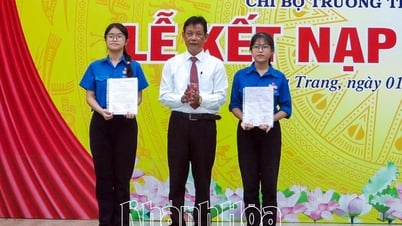
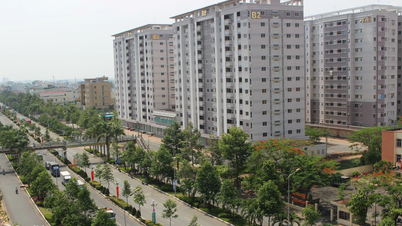











Comment (0)